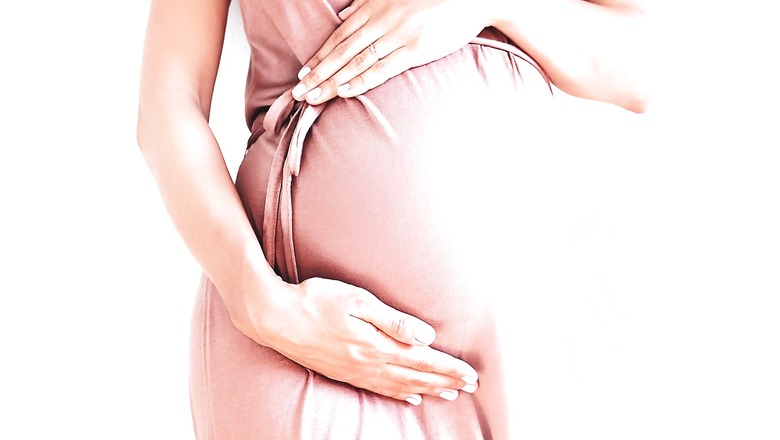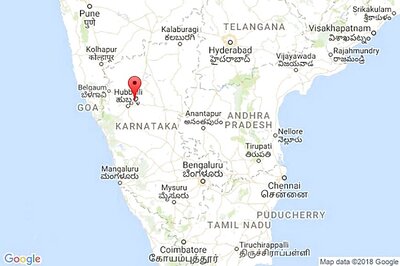
views
Motherhood is a blessing. We all know about the transformation, both physical and mental, that a woman goes through during the time of pregnancy. Women got through this phase at some point of time in their lives. Now, as we are talking about motherhood, it is important to discuss what is the right age bracket to conceive. As per doctors, women should get pregnant before the age of 35. But, in the modern world, we have seen late pregnancies for reasons we aren’t aware of.
However, owing to biological changes, the odds of becoming pregnant beyond the age of 30 starts to decline, according to a study named Human Ovarian Reserve from Conception to the Menopause. And, if you are among those, who are considering postponing the pregnancy, then check on the benefits and drawbacks before making a choice.
What are the odds of naturally becoming pregnant in your 30s?
You’re extremely likely to conceive organically in your 30s, but time is running out for you, especially in your late 30s, when the quality of your eggs begins to deteriorate. As per the Society for Assisted Reproductive Technology (SART), the success rate of reproductive therapy drops dramatically after the age of 40. The rate of live births for women aged 35 to 37 is 42%, and 26.6 percent for women aged 38 to 40.
What should you do to prepare for pregnancy?
Aside from your age, a bit of lifestyle change is needed. A change in food habits is advisable too. Doctors also advise against alcohol consumption and smoking when trying to conceive. It’s also a good idea to stay fit and maintain a healthy weight.
According to the Centers For Disease Control And Prevention, one should begin taking a daily pill containing 400 mcg of folic acid as soon as you decide to conceive a child. Folic acid supplementation has been shown to significantly lower the likelihood of neural tube abnormalities such as spina bifida.
What to do if you have a fertility issue?
If you’re 35 or younger and haven’t gotten pregnant after a year of regular intercourse, it’s time to see your doctor. They can run blood tests to discover if there are any medical issues preventing you from conceiving. For those who have crossed the age of 36, are advised to see a doctor at the earliest. As they say, the sooner the better. According an article published in Webmd, the same is applicable if you or your spouse have a pre-existing condition, such as an undescended testicle as a kid or a past record of polycystic ovaries, which may reduce your chances of conception.
Read all the Latest Lifestyle News here




















Comments
0 comment